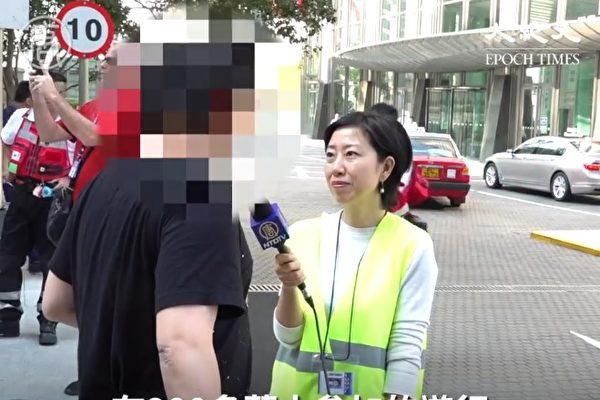While Hong Kong demonstrators were holding a rally on Dec. 1 to thank the U.S. government for its support, a lawyer from mainland China said he hoped that Hongkongers’ fight for freedom and democracy will bring a change in the mainland.
On Nov. 27, President Donald Trump signed two Hong Kong bills into law. One of the bills, the Hong Kong Human Rights and Democracy Act, requires the U.S. Secretary of State to annually review whether the former British colony is “sufficiently autonomous” from mainland China to justify its special economic privileges granted under the United States-Hong Kong Policy Act of 1992. It also authorizes sanctions on both Chinese and Hong Kong officials responsible for human rights violations in Hong Kong.





